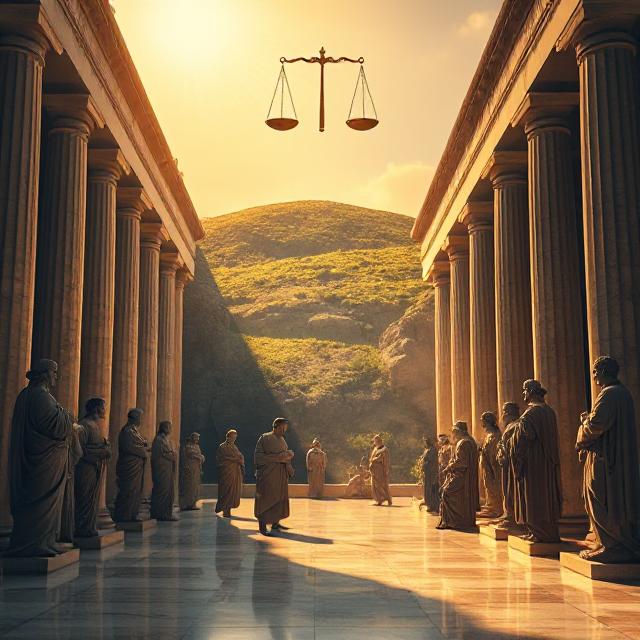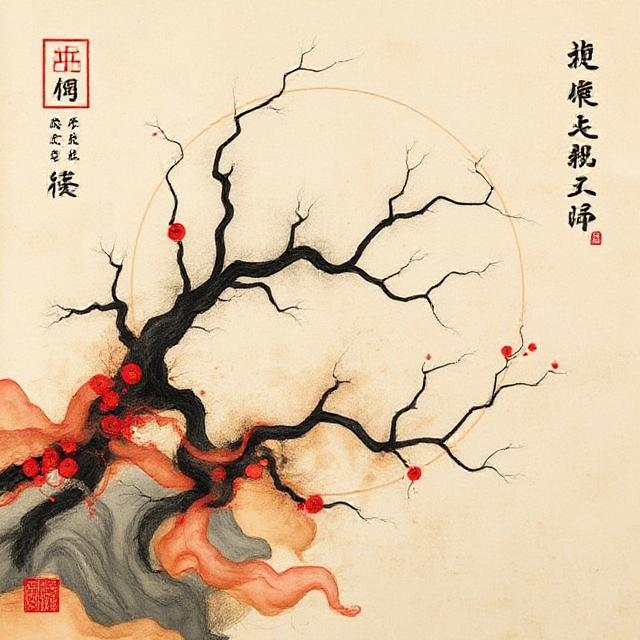Your cart is currently empty!
-
“The Republic” by Plato: Timeless Lessons on Justice
“The Republic” by Plato: Timeless Lessons on Justice Introduction: Why Plato Still Matters Plato’s Republic, written around 380 BCE, remains one of the most influential texts in Western thought. It’s not just about politics or justice — it’s about the nature of the human soul, the pursuit of truth, and how a society ought to […]
-
Summary and Reflections on The Tao Te Ching
Summary and Reflections on The Tao Te Ching Few texts have had such a quiet, profound influence on world philosophy as The Tao Te Ching. Written over 2,500 years ago by the Chinese sage Laozi (or Lao Tzu), this compact volume of 81 poetic verses offers a blueprint for living in harmony with the Tao […]
-
Comparing “Bhagavad Gita” and “Meditations” by Marcus Aurelius
Introduction: A Meeting of East and West The Bhagavad Gita and Marcus Aurelius’ Meditations are two timeless spiritual-philosophical classics from vastly different worlds. One is rooted in the battlefield of ancient India, the other penned in the emperor’s tent during Roman campaigns. Yet both texts offer enduring guidance on duty, suffering, self-mastery, and inner peace. […]
-
How to Read Being and Time by Heidegger: A Beginner’s Guide
How to Read Being and Time by Heidegger: A Beginner’s Guide Introduction: Why Read Being and Time? Being and Time (German: Sein und Zeit), published in 1927, is one of the most influential and challenging philosophical works of the 20th century. Written by Martin Heidegger, it revolutionized existential philosophy and phenomenology by asking a profound […]
-
📘 Book Review: Critique of Pure Reason by Immanuel Kant
📘 Book Review: Critique of Pure Reason by Immanuel Kant Introduction: Why Critique of Pure Reason Still Matters Immanuel Kant’s Critique of Pure Reason is a philosophical milestone—sometimes hailed as the most important book in modern philosophy. Published in 1781, Kant didn’t just ask questions; he transformed how we think about knowledge, reality, and the […]
-
Do We Believe What We Feel or What We Think?
Do We Believe What We Feel or What We Think? In moments of decision or debate, we often assume we’re guided by reason. But are we really? Or do our emotions do the heavy lifting, while reason simply follows along for justification? This age-old question—do we believe what we feel or what we think?—sits at […]
-
Memory and Personal Identity: Are You Your Memories?
Memory and Personal Identity: Are You Your Memories? Memory and personal identity are profoundly intertwined. Memory is not merely a mental record—it’s often considered the very thread that stitches together our sense of self over time. From ancient philosophy to modern neuroscience, thinkers have debated whether personal identity can exist independently of memory, or whether […]
-
Can Faith Be Rational?
Can Faith Be Rational? Can faith be rational? This question has echoed through millennia of philosophical inquiry, theological reflection, and personal contemplation. It strikes at the core of what it means to believe in something without direct evidence, while still claiming intellectual integrity. At face value, faith and reason may seem like opposites—faith embracing the […]
-
Belief perseverance: why minds resist change
Belief Perseverance: Why Minds Resist Change Belief perseverance refers to our stubborn tendency to hold on to beliefs even after the information that once justified them has been discredited. It is one of the most powerful cognitive biases shaping human behavior, especially in the age of information overload, echo chambers, and social media polarization. Understanding […]
-
The Illusion of Control in Belief Systems
The Illusion of Control in Belief Systems The illusion of control in belief systems reveals how human beings often overestimate their ability to influence outcomes in a complex and unpredictable world. From ritualistic behaviors to deeply held religious convictions, many belief systems provide not only a sense of purpose—but also a comforting illusion that we […]










